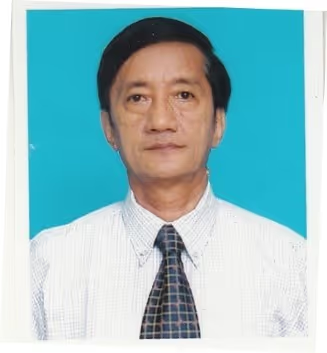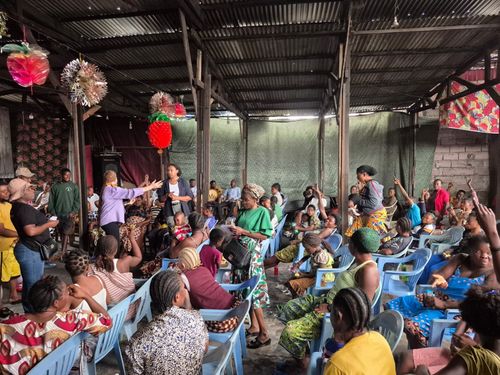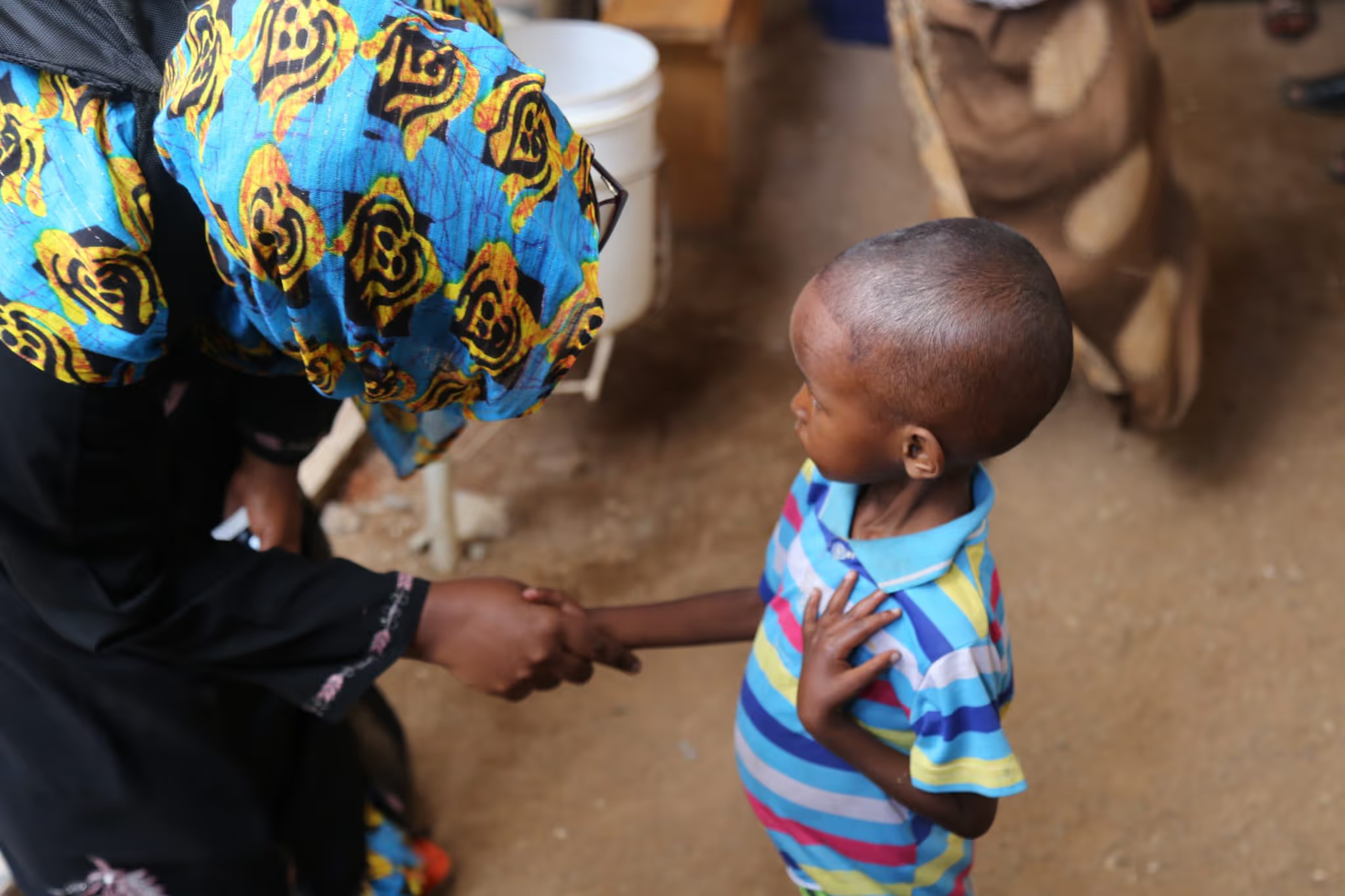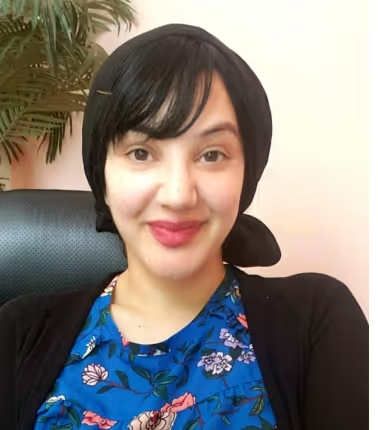Implementation of a community-led strategy to reduce cardiovascular disease risk among conflict-affected populations in eastern Myanmar

Project overview
This cluster randomised trial will examine the impact of village health worker (VHW) screening and follow up on cardiovascular disease (CVD) risk, among conflict-affected populations in eastern Myanmar.
Countries
Myanmar
Organisations
Community Partners International
Partners
Kon Khaen University, University of Southern California, George Washington University, local health organisations
Area of funding
Humanitarian Research
Grant amount
£399,136
Start date
01
March
2023
End date
01
June
2025
Project length (in months)
27
Funding calls
Focus areas
No items found.
Topics
Refugees and IDPS
Status
Live
Project solution
This project offers [specific solution or intervention] to tackle [challenge]. By implementing [strategies, tools, or innovations], the project aims to achieve [desired outcomes]. The approach is designed to [specific actions or methods] to bring about meaningful change in [community, region, or issue area].
Expected outcomes
This project aims to achieve [specific outcomes], such as [measurable results, improvements, or changes]. The expected impact includes [benefits to the target community, advancements in research or innovation, or long-term effects]. By the end of the project, we anticipate [specific changes or milestones] that will contribute to [broader goals or objectives].
Principal Investigators: Parveen Parmar, MD, MPH (University of Southern California), Adam Richards, MD, MPH, PhD (George Washington University)
Purpose
This study aims to:
- Develop, utilising causal loop analysis (CLA), a service delivery model that integrates village health workers (VHWs) into local health organisation strategies to improve cardiovascular disease (CVD) prevention.
- Examine the feasibility and acceptability of the model utilising the Consolidated Framework for Implementation Research (CFIR).
- Conduct a cluster randomised controlled trial (cRCT) at the village level to estimate the causal relationship of the VHW model on the proportion of adults over 40 years old taking appropriate CVD medications. Secondary outcomes include estimated change in 10-year CVD risk, community screened, linkage to care, 30day adherence to medication, changes in blood pressure (BP) and blood glucose (BG), and cost.
- Conduct a cost-effectiveness analysis (CEA) and distributional CEA of the intervention.
Expected Outcomes
Control of CVD risk factors requires consistent, longitudinal access to medications. Most CVD care models are based on professional clinicians and health facilities. However, given the prolonged nature of conflict, this is simply not possible in many regions – and many of these regions have a high burden of CVD prior to conflict. It is hoped that the research will identify key best practices in creating a locally led VHW programme focusing on mitigating CVD risk in eastern Myanmar, a region affected by prolonged conflict. The study envisages to develop an approach that might be replicated in other regions, including an explicit approach involving affected communities and regional health leadership (in this case, leadership of local health organisations), in order to develop a locally relevant programme.
No items found.
Project delivery & updates
Stay up to date with the latest developments from this project. Here, you will find details on what has been delivered, resources created, and regular updates as the project progresses. Access key documents, reports, and other materials to see how the project is making an impact.
No resources/updates have been published yet for this project. Sign up for our newsletter to stay informed about upcoming publications and updates!
Join our Newsletter
Resources
No items found.
Latest updates
No items found.








